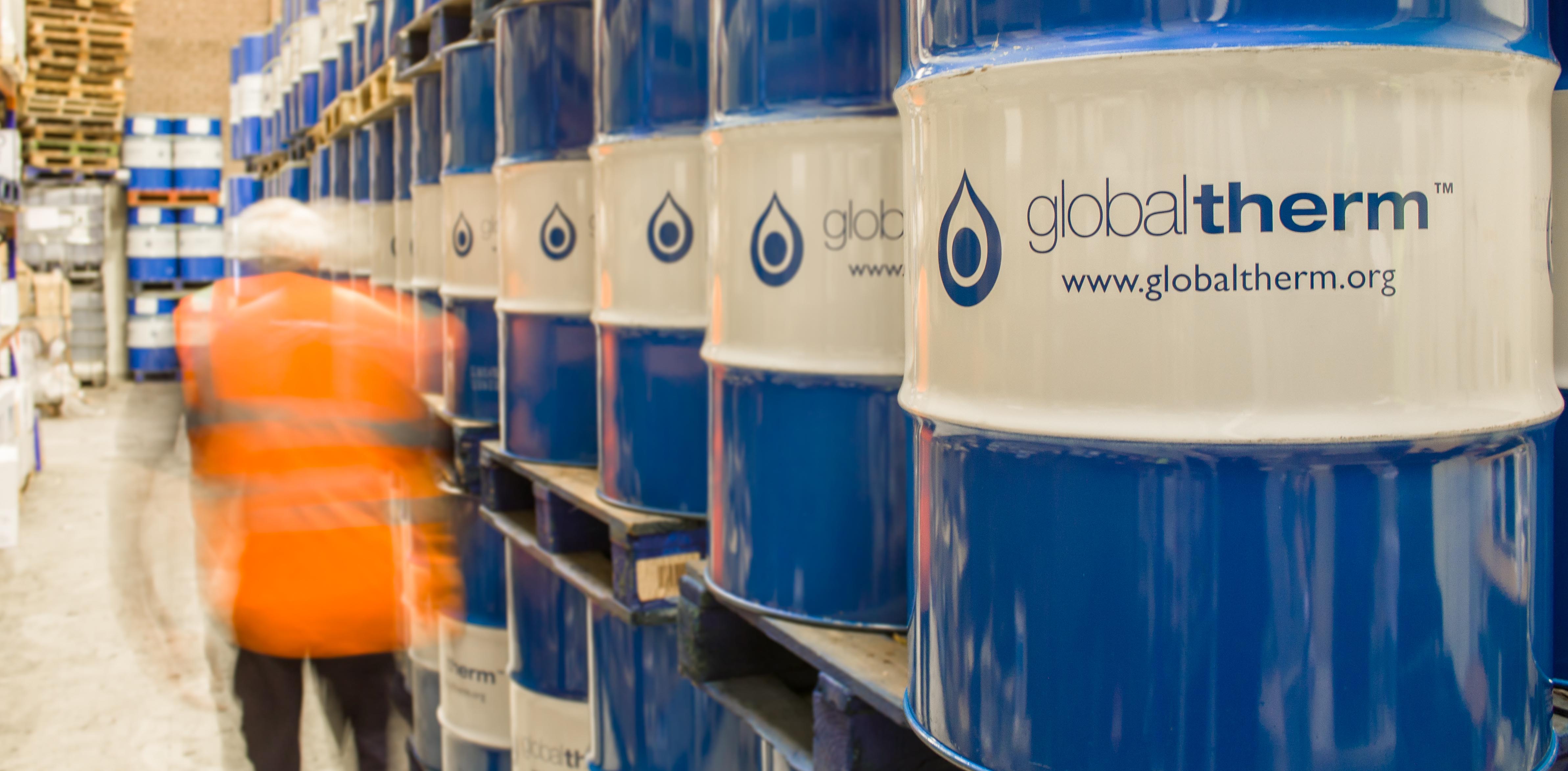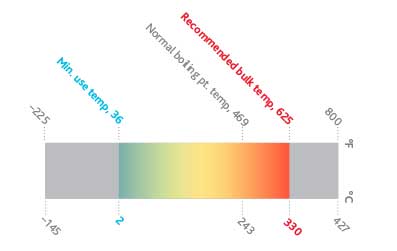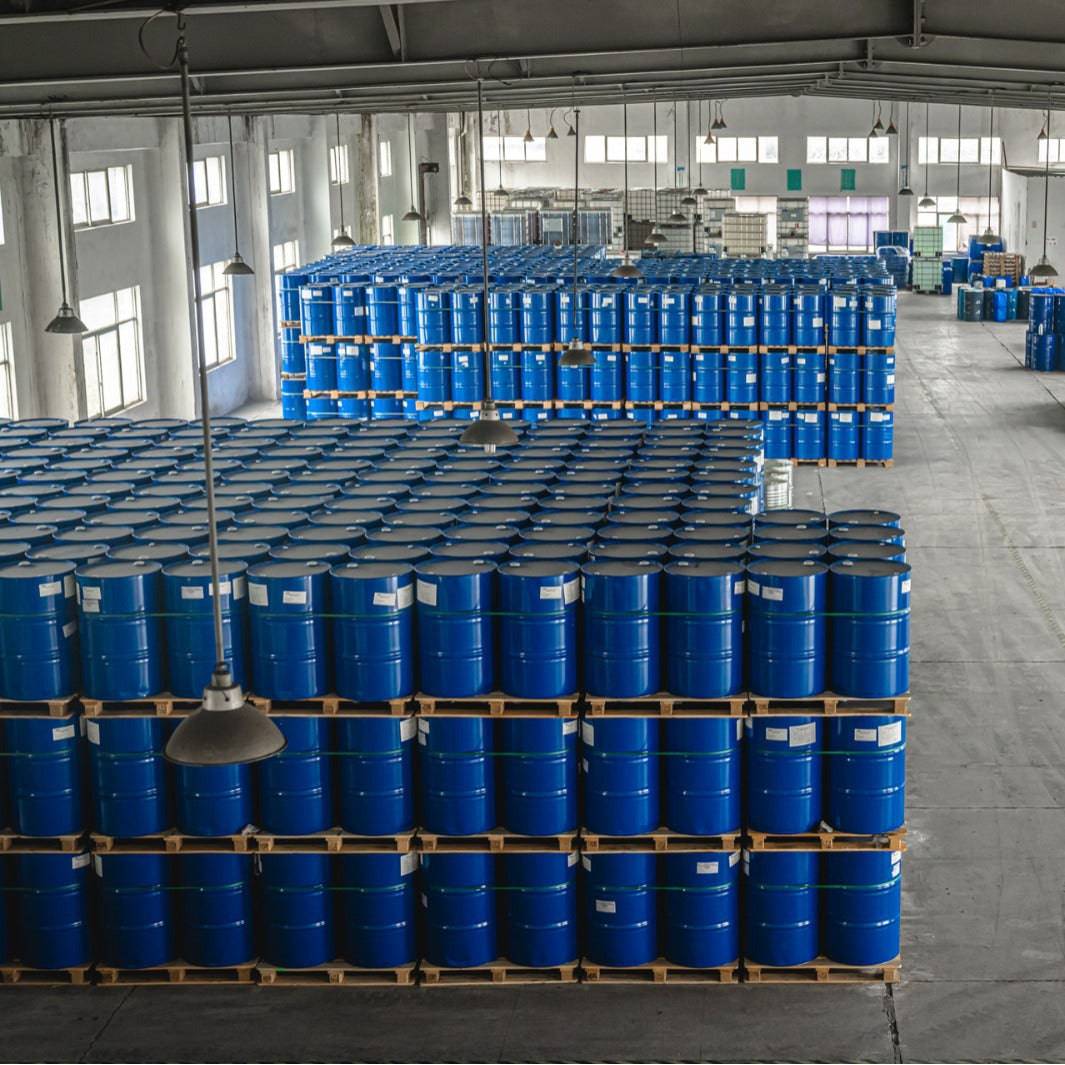Why Normal Upkeep of Heat Transfer Fluid is Essential for System Long Life
Why Normal Upkeep of Heat Transfer Fluid is Essential for System Long Life
Blog Article
The Duty of Warm Transfer Fluid in Enhancing System Performance and Security
In the ever-evolving landscape of industrial procedures, warmth transfer fluids (HTFs) emerge as essential parts in enhancing both system efficiency and safety and security. These specialized fluids, known for their superior thermal conductivity and controlled thickness, allow effective warm exchange, which is essential for streamlined operations.
Recognizing Warm Transfer Liquids
Warm transfer fluids, commonly thought about the lifeline of thermal administration systems, play a critical role in controling temperature across different commercial applications. These fluids are crucial in procedures where warm should be either absorbed or dissipated to keep optimum operating problems. Industries such as chemical handling, power generation, and manufacturing depend on warm transfer liquids to make certain devices operates efficiently and securely. By helping with the transfer of thermal power, these liquids aid in protecting against getting too hot, thus prolonging the life expectancy of equipment and minimizing downtime.
The option of an appropriate heat transfer liquid is important to the success of a thermal administration system. In summary, a detailed understanding of warm transfer fluids is vital for maximizing system efficiency, ensuring functional safety and security, and accomplishing cost-effective thermal administration options.
Key Characteristic of HTFs

The specific warm ability of an HTF defines the amount of warmth power called for to alter its temperature level, impacting how efficiently the system can react to temperature variants. The boiling and freezing factors of HTFs additionally play a pivotal role, particularly in systems revealed to severe temperature levels, ensuring fluid security and protecting against phase changes during operation.
Enhancing System Performance
To enhance system performance with heat transfer liquids (HTFs), it is vital to incorporate a comprehensive technique that considers both liquid homes and system layout. The option of an appropriate HTF is crucial, as its thermal conductivity, viscosity, and details warmth capability straight impact the performance of warmth exchange.
Just as essential is the design of the heat transfer system itself. The surface area and product of warm exchangers must be maximized to maximize warm transfer effectiveness.
Boosting Operational Safety And Security
Guaranteeing functional security in warm transfer systems needs a careful concentrate on both the residential or commercial properties of warmth transfer fluids (HTFs) and the layout and upkeep of the whole system. HTFs have to possess thermal stability, reduced flammability, and ideal viscosity to lessen risks such as leaks, fires, and system malfunctions. Selecting the best HTF is essential as it figures out the system's ability to manage temperature variations without compromising security.
The design of the system ought to incorporate redundancies and fail-safes to take care of possible dangers effectively. This consists of the combination of security valves, check my site stress alleviation gadgets, and look at here now temperature surveillance systems to identify and attend to anomalies quickly. Regular upkeep is imperative to guarantee that all components, consisting of pumps, pipelines, and seals, are functioning correctly and are free from wear or corrosion, which can result in dangerous leaks or failures.
Moreover, workers responsible for the operation and upkeep of warm transfer systems should be properly educated in security protocols and emergency situation feedback procedures. Constant training programs and safety and security drills can substantially decrease the likelihood of crashes, making sure a safer working environment. Eventually, a thorough approach to security-- including fluid selection, system style, and workforce training-- is important for ideal functional protection.
Market Applications of HTFs
Widely used throughout numerous markets, heat transfer liquids (HTFs) play a vital duty in boosting the effectiveness and reliability of thermal management systems. In the chemical market, HTFs are important for preserving specific temperatures throughout responses, making sure item uniformity and high quality. They promote warmth exchange procedures in reactors, condensers, and warm exchangers, consequently maximizing power usage and minimizing waste.
In the oil and gas market, HTFs are utilized in both upstream and downstream procedures. They take care of temperature level in drilling procedures and improve efficiency in refining procedures by giving stable thermal problems. This leads to minimized downtime and improved safety, specifically in critical operations such as purification and breaking.
The renewable resource industry also profits substantially from HTFs, specifically in focused solar energy (CSP) plants. Below, HTFs transfer captured solar power informative post to power turbines, allowing reliable electrical power generation. The pharmaceutical sector counts on HTFs for precise temperature control in both synthesis and storage, ensuring item efficacy and safety.


Furthermore, the food and drink industry utilizes HTFs for pasteurization, sterilization, and cooking procedures, boosting both item security and production efficiency. Across these industries, HTFs offer as indispensable elements in maintaining ideal operational efficiency and safety and security.
Verdict
Warm transfer liquids are important in enhancing industrial system efficiency and safety by supplying high thermal conductivity, ideal thickness, and thermal stability. Appropriate selection and upkeep of HTFs improve warm exchange effectiveness, thus increasing operational effectiveness.
Report this page